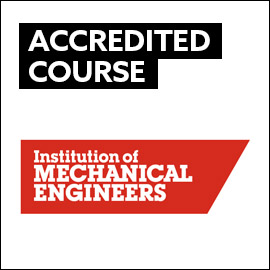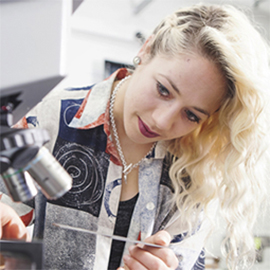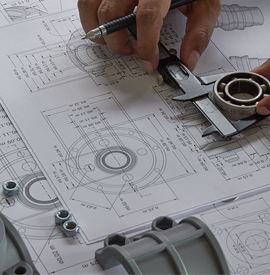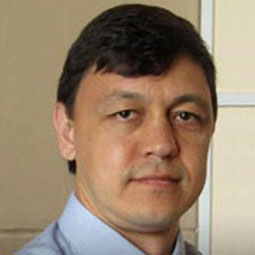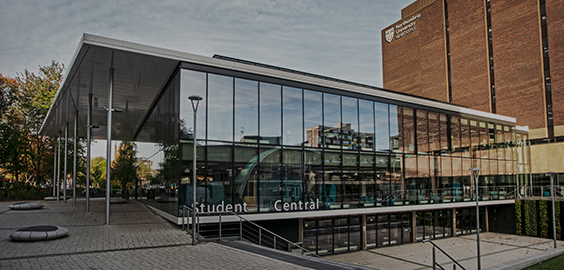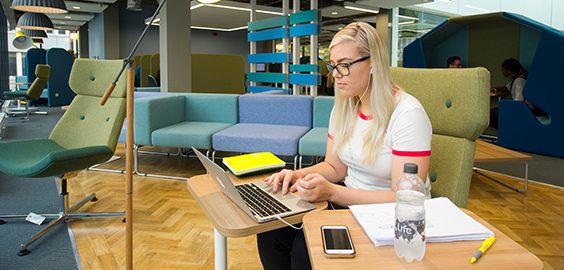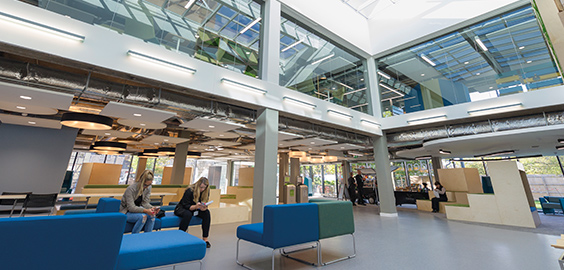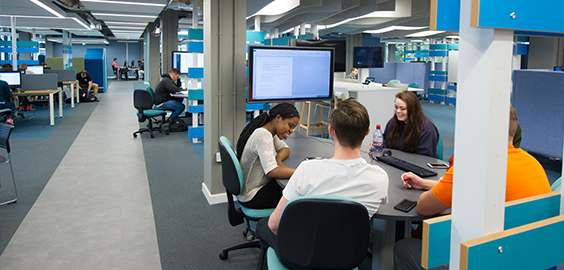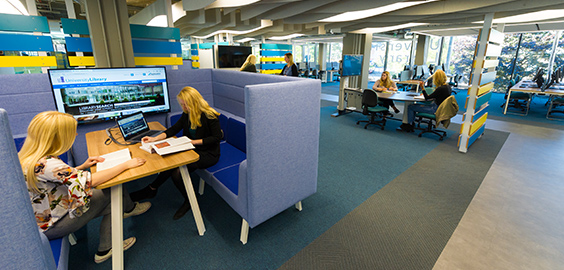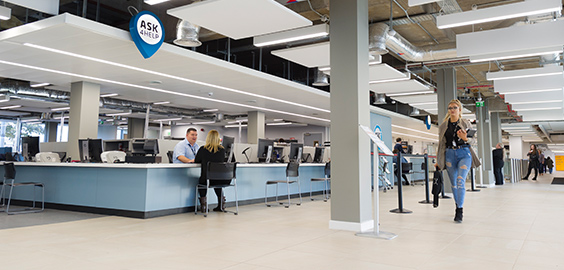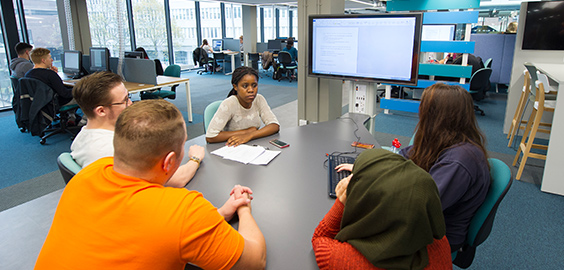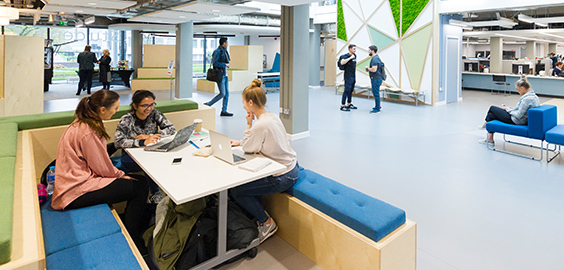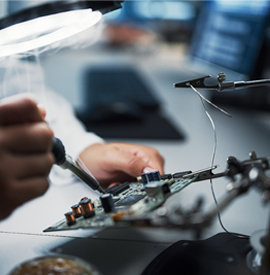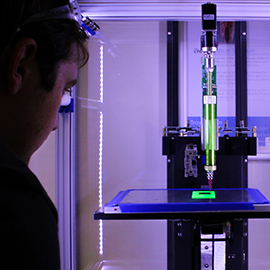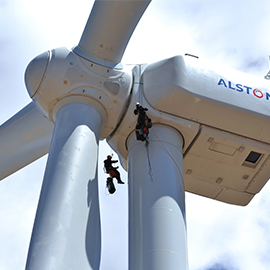With climate change dominating news agendas and world economies committing to decarbonisation, there's never been a better time to study a Master's in renewable energy.
It is predicted that there will be over 27,000 renewable energy jobs in the UK by 2030, and the North East is rapidly becoming a renewable energy hub. Thousands of renewable energy jobs are due to be created in the region over the next few years from large renewables projects such as the UK's first gigaplant manufacturing car batteries and a £300 million plant turning waste to energy.
Beyond the North East, demand for renewable energy and sustainable solutions is growing worldwide and there is a global shortage of trained engineers to fill renewable energy jobs worldwide.
Why choose Northumbria to study Renewable and Sustainable Energy Technologies?
Northumbria's Renewable and Sustainable Energy Technologies MSc is a highly relevant qualification, which is accredited by the Engineering Council through the Institution of Mechanical Engineers.
With a looming global energy crisis our MSc Renewable and Sustainable Energy programme is the perfect preparation for a career in the in-demand renewable energy sector.
Accredited by the Institution of Mechanical Engineers (IMechE) on behalf of the Engineering Council, the course meets the requirements for Further Learning for registration as a Chartered Engineer. Candidates must hold a CEng accredited BEng/BSc (Hons) undergraduate first degree to comply with full CEng registration requirements.
Your Learning Experience
This industry-focused MSc programme covers topics such as photovoltaic, wind, thermo-mechanical energy conversion systems, hybrid renewable energy systems, energy efficiency, building energy modelling and engineering optimisation, through both lectures and practical laboratory work. You will have access to a specialist laboratory that’s dedicated to power networks, wind energy, photovoltaics, and battery testing for electric vehicles.
Northumbria has a well-established reputation for renewable and sustainable energy technologies, and you will be taught by staff at the forefront of their academic fields. You will also benefit from excellent technical facilities including access to industry standard software such as MATLAB and specialist workshops.
During your second year of study you will have the opportunity to work in a group consultancy project, positioned in an area of relevance to the programme. This advanced practice will enrich your learning experience and gives you hands on, practical experience in order to help you stand out to employers*.
Research
If you take this option, you will be assigned to our Engineering, Physics and Materials Research Group. There is every possibility that you may contribute to published research and therefore you may be named as part of the research team, which would be a great start to a research career.
*Be aware that all Advanced Practice with investigative consultancy project routes are similar to many of our 1-Year MSc with consultancy project routes, while 2-year Advanced Practice course spends more dedicated time in the Business Clinic, reflected on the total assessment input for the two 60 credit modules.
 Option for Placement Year
Option for Placement Year Option for Study Abroad
Option for Study Abroad

